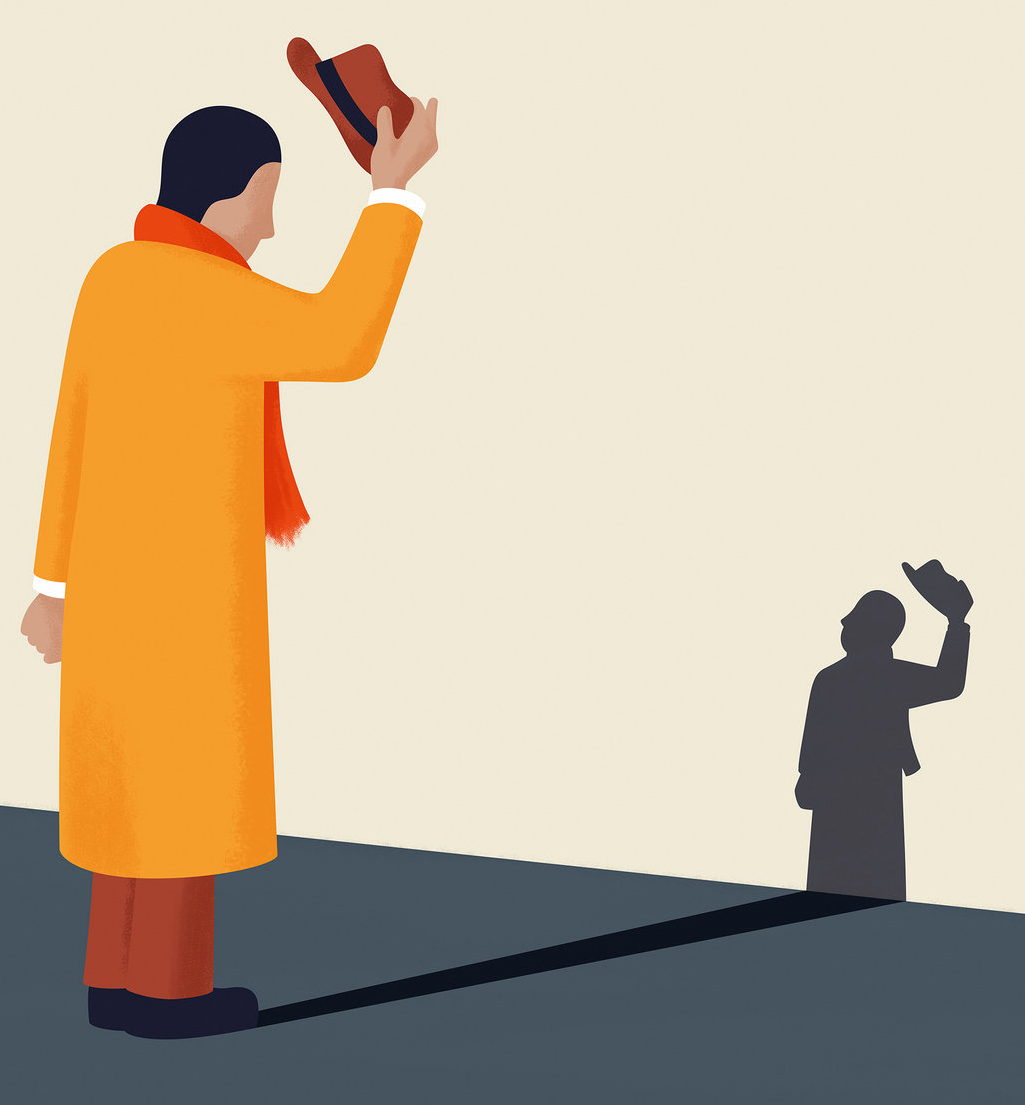
2021 will soon be in the rearview mirror and I’m thinking the world would be a better place with a little more humility. Especially among our leaders. This quality of mind recognizes that we can’t know everything we think we do, that we’re often wrong and rarely better than most. While it’s a fairly simple concept to understand, it’s especially hard to embrace. More than knowing who we are, it’s accepting what we are.
Humility is not weakness. It’s the antidote to arrogance. To be humble is to accept our humanity and the capacity to acknowledge our fallibility and imperfection – what in sum constitutes a ubiquitous malady known as the human condition. This pervasive disorder means our beliefs and biases, not reason or logic, determine how we choose to live our lives.
As humans, we’re bad at recognizing what we don’t know but good at making stuff up. We’re better at generating plausible theories about life than admitting our ignorance. We ignore information that contradicts what we think is true and assume we’re at least above average (when only half of us are). We draw swift, sweeping conclusions based on scanty evidence, are supremely unmotivated to educate ourselves about what we disagree with, and conveniently revise our theories when they’re proven wrong.
We prefer to believe what isn’t true while disbelieving what is. We explain things to others, as well as ourselves, even when the real explanation eludes us. We think our convictions are based on facts and conclude that those who disagree with us must have been exposed to the wrong information. In other words, they just don’t know … but we do.
Neurological science tells us convincingly that our beliefs are beneficial self-deceptions – they stave off depression, give meaning to our lives and make us (and those we love) happy. Take away our willingness to delude ourselves by overestimating our abilities and we wouldn’t dare undertake half of the things we do. This is the cause of our victories and our defeats.
Belief comes from the Old English verb meaning ‘to hold dear’ which is why we have a habit of falling in love with what we believe. Our brains are built to give meaning to our beliefs and so their fundamental purpose is to beguile us from the sometimes ugly realities of life. For the most part, our brains serve us quite well. These delusions generally make us feel good, enable us to sleep peacefully and comprise our self-concept or identity.
Humility is not the opposite of confidence. Without that necessary trait, others can have little confidence in us and we become overly sensitive to their criticism. Rather, humility is an earned confidence in oneself – an understanding that we’ve done the required due diligence to assure us we could be right but the willingness to accept we could be wrong.
Humility keeps us wondering and ignites our curiosity about what we might have missed. To paraphrase Epictetus, it’s impossible to learn what we think we already know. When pride and arrogance take over our minds, humility flees. And with it, so too does our ability to listen, experiment, risk, adapt and venture forth.
Humility doesn’t allow us to take credit for luck or good fortune when it happens. It’s the voice in our heads that doesn’t let small victories or accomplishments seem greater than they actually are. It prevents undeserved achievements from ‘going to our heads.’ Rather, humility reminds us that anyone can do it once. That’s luck. It tells us the gut-check question we must ask ourselves is “Are you willing to do it consistently?”
Our personality is the sum of our skills. Humility is a skill. It begins with embracing our doubts about what we think we know. Because we all, to varying degrees, have doubts. It enables us to be receptive to and understanding of the actualities of the human condition, especially as they occur in our own behaviours. Listening for example is an act of humility. It’s a learned capability to accept the reality that we must stop obsessively defending ourselves and our views at every point of disagreement.
The need for more humility applies as much to individuals as it does to organizations. I work regularly with corporate leaders and I can tell you unequivocally that some believe in their infallibility in a ratio consistent with their role. People in positions of power have an acquired tendency to reward those who agree with them while dismissing those who dare to speak up with dissenting views. (Which is why 85% of workers today don’t tell their bosses what they really think.) Not surprisingly, the higher you ascend, the more subordinates will say “you’re right” and the less and less you’ll get used to being contradicted. And what you don’t know will be your downfall.
Discovering what we don’t understand is how we grow. It’s the beginning of wisdom. Embracing our deficiencies helps us think more creatively and decisively. The ability to change our minds, which Einstein defined as the measure of intelligence, is code for learning.
Acknowledging our ignorance improves our lives in five distinct ways – it:
1. Gives us a humiliation-free way to rescue ourselves from dumb comments and ridiculous actions;
2. Helps us de-escalate unwinnable battles over inconsequential matters;
3. Makes us non-judgmental listeners;
4. Enables us to recognize and accept the limits of our presumed knowledge; and
5. Opens our minds to the ideas and experiences of others.
A final thought: if you believe you possess this quality of mind, ask those you genuinely care about whether your perception is accurate or needs further assessment and reflection.
